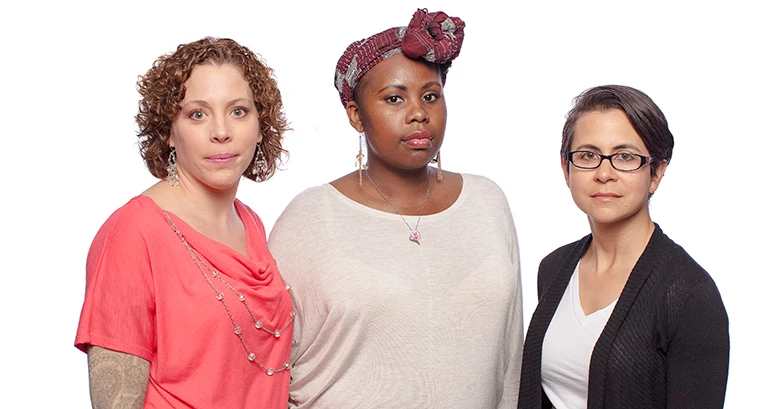Breast Cancer Statistics in Young Adults

Although breast cancer in young adults is rare, more than 250,000 living in the United States today were diagnosed under age 40. In young adults, breast cancer tends to be diagnosed in its later stages. It also tends to be more aggressive. Young adults have a higher mortality rate. As well as a higher risk of metastatic recurrence (return of breast cancer in areas beyond the breast).
Breast Cancer Statistics, Facts, & Disparities
Here are some startling statistics and details on how breast cancer is different in younger adults.
- There is no effective breast cancer screening tool yet for women under 40. This is because most have dense breast tissue that prevents routine mammograms from being a useful screening tool.
- Each year, approximately 70,000 men and women age 15 to 39 are diagnosed with cancer in the US.1 Breast cancer is also the most common cancer for women in this age group.2
- In 2015, the American Cancer Society projected 231,840 new cases of invasive breast cancer among U.S. women annually. As well as an estimated 60,290 additional cases of in situ breast cancer.3 An estimated 12,150 cases of breast cancer in women under age 40. Whereas approximately 26,393 women will be under 45 years of age.7
- Every year, more than 1,000 women under age 40 die from breast cancer.3
- Nearly 80% of young women diagnosed with breast cancer find their breast abnormality themselves.4
- Breast cancer is the most common form of cancer in women who are pregnant or have recently given birth. It occurs once in every 3,000 pregnancies.5 An estimated 30% or more of all breast cancer in young women is diagnosed in the few years after a woman has had a baby.6
- Compared to older women, young women generally face more aggressive cancers and lower survival rates.8,9 More and more evidence tells us that breast cancer before age 40 differs biologically from the cancer faced by older women.10
- The incidence of metastatic breast cancer at the time of initial diagnosis is apparently rising in women under the age of 40.11
- We remain underrepresented in many research studies. This is because breast cancer occurs at a much lower rate among young adults than in our older counterparts.10
Unique Challenges for Young Adults
Breast cancer in young adults is just different. We are at a different phase of our lives and encounter unique challenges compared to older persons. These challenges may significantly impact our quality and length of life. Some of the unique challenges and issues young adults face:
- The possibility of early menopause and sexual dysfunction brought on by breast cancer treatment
- Fertility issues, because breast cancer treatment can affect a woman’s ability and plans to have children
- Many young women are raising small children while enduring treatment and subsequent side effects
- Young breast cancer survivors have a higher prevalence of psychosocial issues such as anxiety and depression13
- Questions about pregnancy (whether it is safe or possible) after diagnosis
- Heightened concerns about body image, especially after breast cancer-related surgery and treatment
- Whether married or single, intimacy issues may arise for women diagnosed with breast cancer
- Challenges to financial stability due to workplace issues, lack of sufficient health insurance and the cost of cancer care
Health Disparities in Young African Americans
In addition to these unique issues, research has shown that young African American women face even greater challenges.
- African American women under age 35 have rates of breast cancer two times higher than caucasian women under age 35.14
- African Americans under age 35 die from breast cancer three times as often as caucasian women of the same age.14
- Researchers believe that access to healthcare and the quality of healthcare available may explain these disparities. But scientists continue to investigate.
- Research also shows that young African Americans are more likely to get aggressive forms of breast cancer than anyone else.14
Take Action to Change Young Adult Breast Cancer Statistics
When all young adults affected by breast cancer work together, we can raise awareness, improve our representation in research and make each other stronger. We are dedicated to these goals, working to turn our unique challenges into opportunities for shared success.
Statistics Sources
Connect with Others
Find women who know what it’s like to face breast cancer at a young age. The YSC community makes it easy to find and connect with other young survivors and co-survivors.
